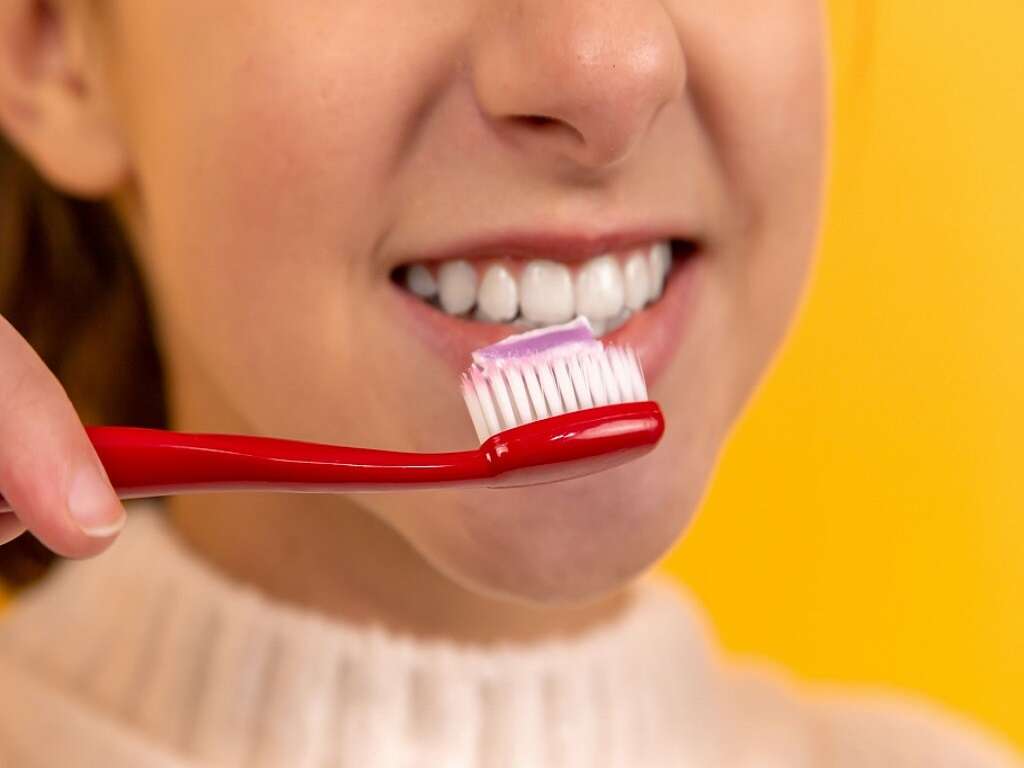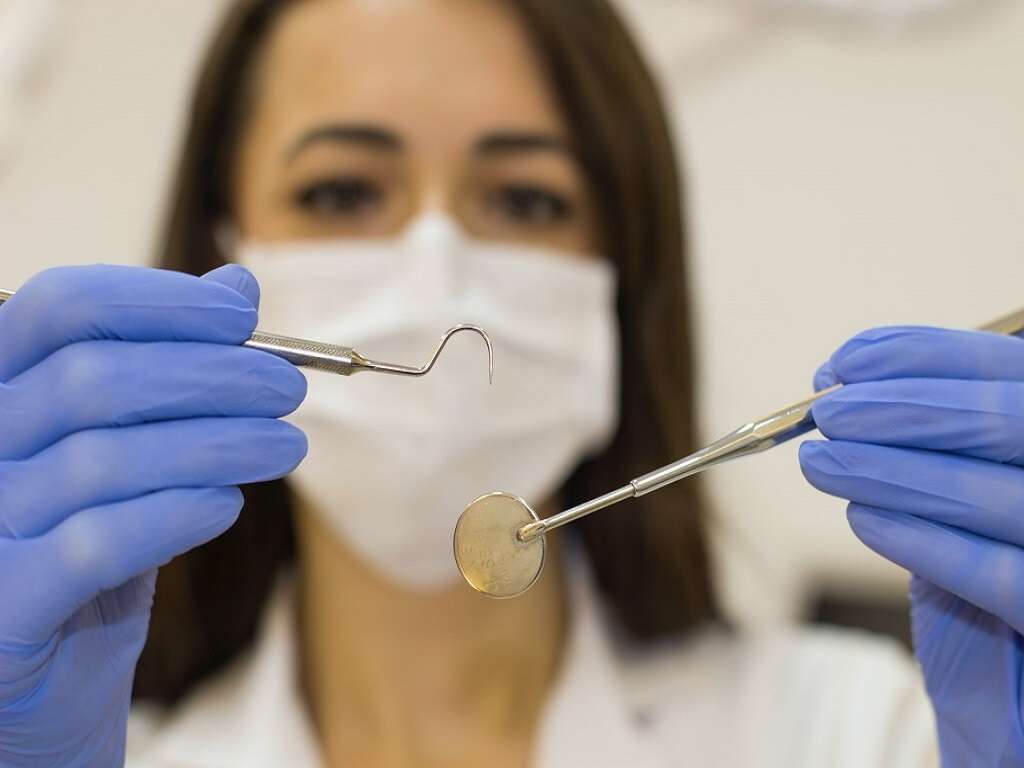10 Causes of a Sore Tongue
The tongue is a muscular organ in the mouth used for mastication, swallowing, digestion, and speech. The surface of the tongue is covered by taste buds in the lingual papillae. It is sensitive and is richly supplied by blood vessels and nerves.
Since the tongue has several crucial functions, a sore tongue can be uncomfortable and hard to ignore as it interferes with important actions such as speaking and eating.
There are various causes of a sore tongue that range from harmless to worrying. However, a sore tongue is a common issue that is mostly due to harmless causes. Those who experience persistent and debilitating pain should seek medical advice.
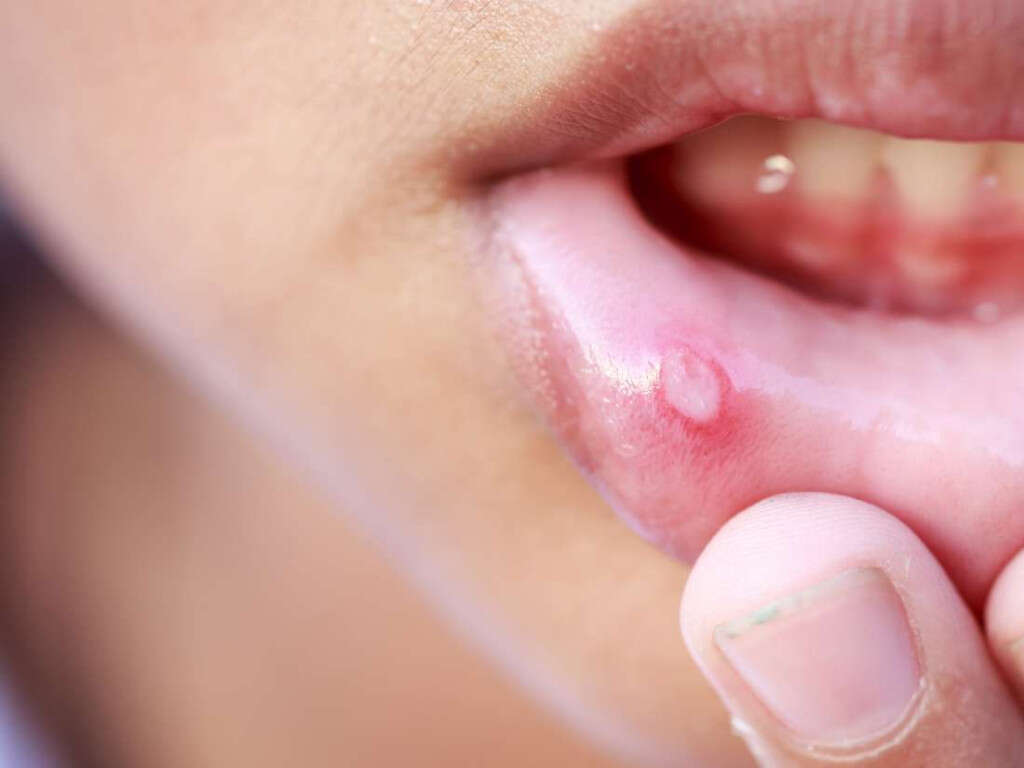
Cause #1: Trauma or Injury
Any trauma or injury to the tongue can result in pain and soreness of the tongue. This can occur when one accidentally bites down on the tongue, teeth grinding (causes pain on the outer edge of the tongue), and scalding it (eating hot foods or beverages).
Just like any other injury, the pain does not go away. While it takes time to heal, the tongue can be painful, uncomfortable, and sore. Pain can be reduced by avoiding acidic, salty, and spicy foods.

Cause #2: Ulcers
Oral or mouth ulcers are extremely common and can be associated with various conditions and disorders. Two common causes include trauma and canker sores. The ulcers can be recurrent although for unknown reasons. These ulcers can lead to pain, discomfort, and changes in food choices.
Ulcers can occur in any part in the mouth such as the tongue and gums. An ulcer can be defined as a break in the skin leading to loss of surface tissue, disintegration, and necrosis of the epithelial tissue. Treatment depends on the underlying cause, maintaining good oral hygiene, topical analgesic, antiseptic mouthwash, and more.
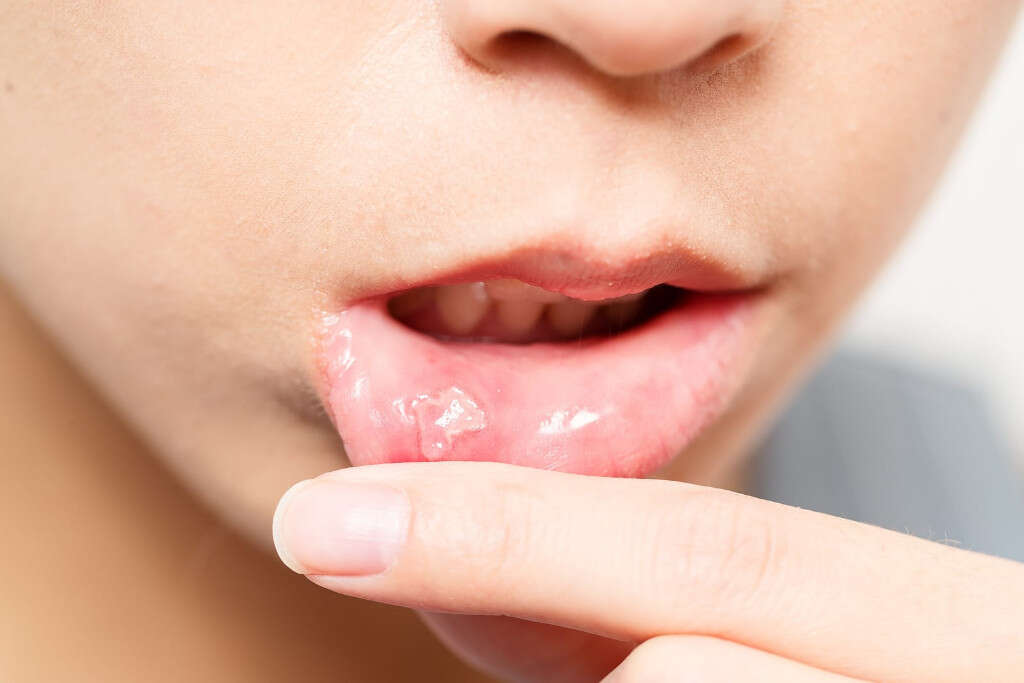
Cause #3: Zinc Deficiency
Zinc deficiency occurs when the serum zinc level drops below the normal range. Zinc deficiency leads to increased rates of diarrhea, acne, eczema, alopecia, angular cheilitis, oral ulceration, burning mouth syndrome, night blindness, and impaired immune function. It also causes stomatitis, which is inflammation of the lips and mouth. The combination of stomatitis and oral ulceration can contribute to pain and soreness of the tongue.
A conservative estimate has suggested that about 25 percent of the global population is at risk for zinc deficiency.
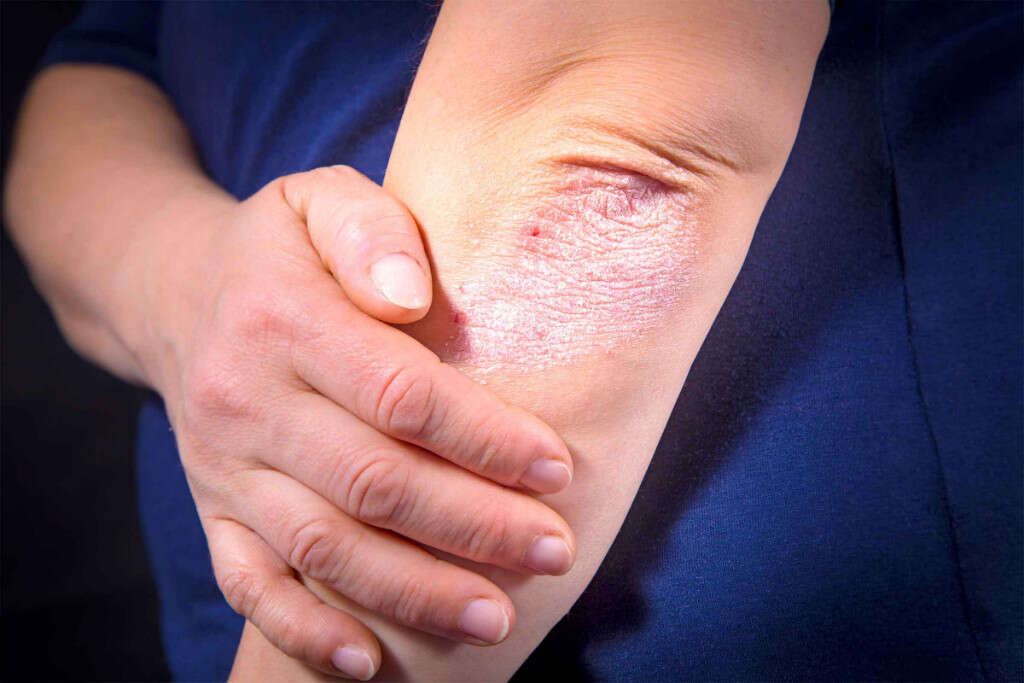
Cause #4: Oral Thrush
Oral thrush or oral candidiasis is candidiasis that affects the mouth. It is due to the yeast or fungal infection of the Candida species. Candida albicans is the commonest organism involved in this condition. About 50 percent of the global population carry this organism as part of the normal component in the oral microbiota.
Carriers are not considered to have the disease unless it becomes pathogenic. Most cases are painless but there are also some patients who have reported experiencing a burning sensation or sore tongue. This is more likely to be atrophic candidiasis where possible symptoms include the mouth feeling scalded by a hot liquid, metallic or bitter taste in the mouth, dysphagia, and hoarseness of the voice.

Cause #5: Behcet’s Disease
Behcet’s disease is an inflammatory condition affecting various parts of the body. Symptoms include genital sores, arthritis, and painful mouth sores. These painful mouth sores can also affect the tongue causing pain and soreness. While uncommon, it can also cause blood clots, inflammation of the spinal cord or brain, blindness, and aneurysms.
The cause of this condition is unknown. However, it is believed that genes are a contributing factor. Treatment includes immunosuppressive medication, lifestyle changes, colchicine, and lidocaine mouthwash to help decrease pain.

Cause #6: Vitamin B12 Deficiency
Vitamin B12 deficiency is also known as cobalamin deficiency. As the name suggest, it refers to low blood levels of vitamin B12. In individuals with a mild deficiency, symptoms include anemia and tiredness. Moderate cases lead to neurological issues such as paresthesia and inflammation of the tongue. Severe vitamin B12 deficiency can result in greater neurological issues (decreased taste, psychosis, poor muscle function, and so on) and reduced heart function.
In vitamin B12 deficiency, inflammation of the tongue can cause pain and soreness of the tongue. This condition can be due to poor absorption, surgical removal of the stomach, intestinal parasites, chronic inflammation of the pancreas, and genetic disorders.
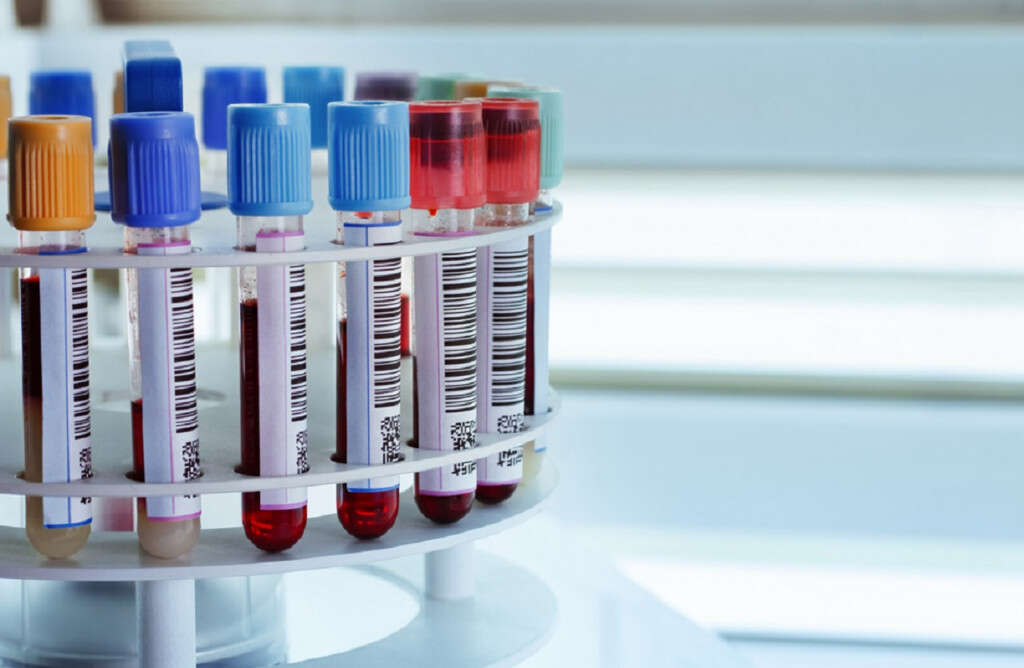
Cause #7: Food Allergy
Food allergies occur when there is an abnormal immune response to food. Depending on the severity, symptoms can range from mild to severe. Symptoms include itchiness, diarrhea, vomiting, swelling of the tongue, sore tongue, trouble breathing, low blood pressure, and hives. Symptoms appear within minutes to hours after exposure. Severe cases result in anaphylaxis, which is a serious allergic response.
Common causes of food allergies include wheat, rice, soy, eggs, shellfish, peanuts, tree nuts, and cow’s milk. It is due to the protein present in the food triggering the release of inflammatory chemicals like histamine. Management includes avoidance of triggers, giving adrenaline, allergen immunotherapy, and wearing medical alert jewelry.

Cause #8: Lichen Planus
Lichen planus is a chronic condition affecting the mucous membranes, skin, hair, and nails. Characterized by papules and plaques that are flat-topped and polygonal, it also has an overlying reticulated fine white scale that is most commonly seen on the trunk, dorsal hands, forearms, flexural wrists, anterior lower legs, and oral mucosa.
Lichen planus is thought to be due to an autoimmune process. Although there is no cure, current treatment and management aims to help control the symptoms. When it affects the oral mucosa, six clinical forms are recognized: reticular, papular, erosive or ulcerative, atrophic, plaque-like, and bullous. While uncommon, some patients experience soreness and pain on the tongue and other parts of the oral cavity when drinking or eating acidic or spicy food and beverages.

Cause #9: Oral Cancer
Oral cancer or mouth cancer refers to the presence of cancerous tissue growth in the oral cavity. It may begin as one lesion from any tissue in the mouth, metastasis from another site, or extension from an adjacent area. There are various histological types for oral cancer such as adenocarcinoma, melanoma, or lymphoma.
However, about 90 percent of oral cancers are squamous cell carcinomas. The five-year survival rate in the United States for oral cancer has been estimated to be at 63 percent. Symptoms of oral cancer include persistent patches (white or red), oral bleeding, surface changes, nonhealing ulcer, epistaxis, prolonged hoarseness, pain, or soreness of the oral cavity such as the tongue. Patients with the above symptoms should seek professional opinion as early diagnosis leads to early treatment and improved prognosis.

Cause #10: Burning Mouth Syndrome
Burning mouth syndrome is a condition where there is a burning sensation in the mouth despite no obvious dental or medical cause. There are no signs of disease in the mouth. Patients with burning mouth syndrome may experience altered taste, different smells, reduced salivary flow (dry mouth), tingling in the mouth, burning sensation in the mouth, pain, and soreness.
These symptoms affect the tongue, lower alveolar mucosa, lips, and palate. The exact mechanism of burning mouth syndrome is still unknown. However, theories include estrogen or progesterone deficit, autoimmune issues, psychosomatic factors, and parafunctional habits.









